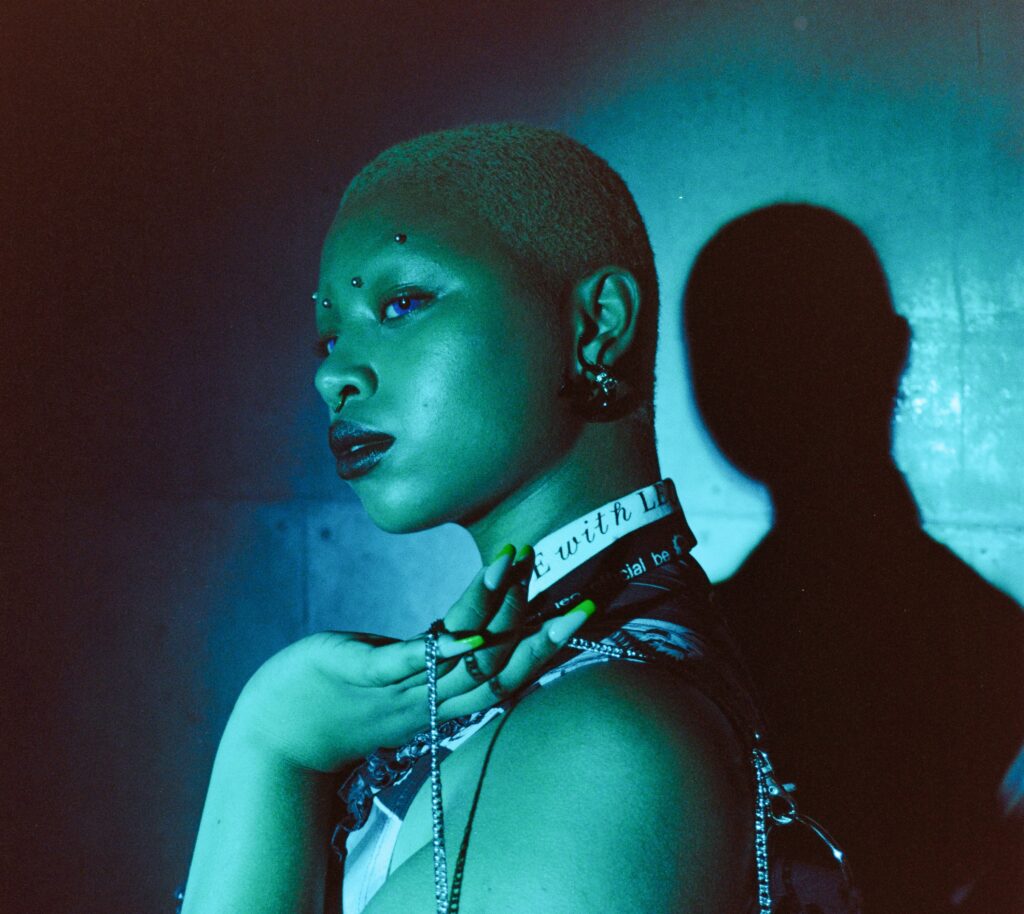- Alex Perry: The Prince of Xperrymental Music
- Porcelain Id: Embracing Multitudes
- Emmanuelle: Harmonies of Identities
Black History Month is in full swing in Belgium and KET Magazine has decided to write a series of articles highlighting black queer artists from Brussels/Belgium to celebrate the community that has made it possible for the LGBTQIA+ community to thrive.
Amid the vibrant celebration of Black History Month in Belgium, our attention is drawn to a rising luminary in the realm of music. In this article, we recount the experience of an up and coming artist, Alex Perry, whose music transcends genres, injecting innovation and passion into our musical scene.
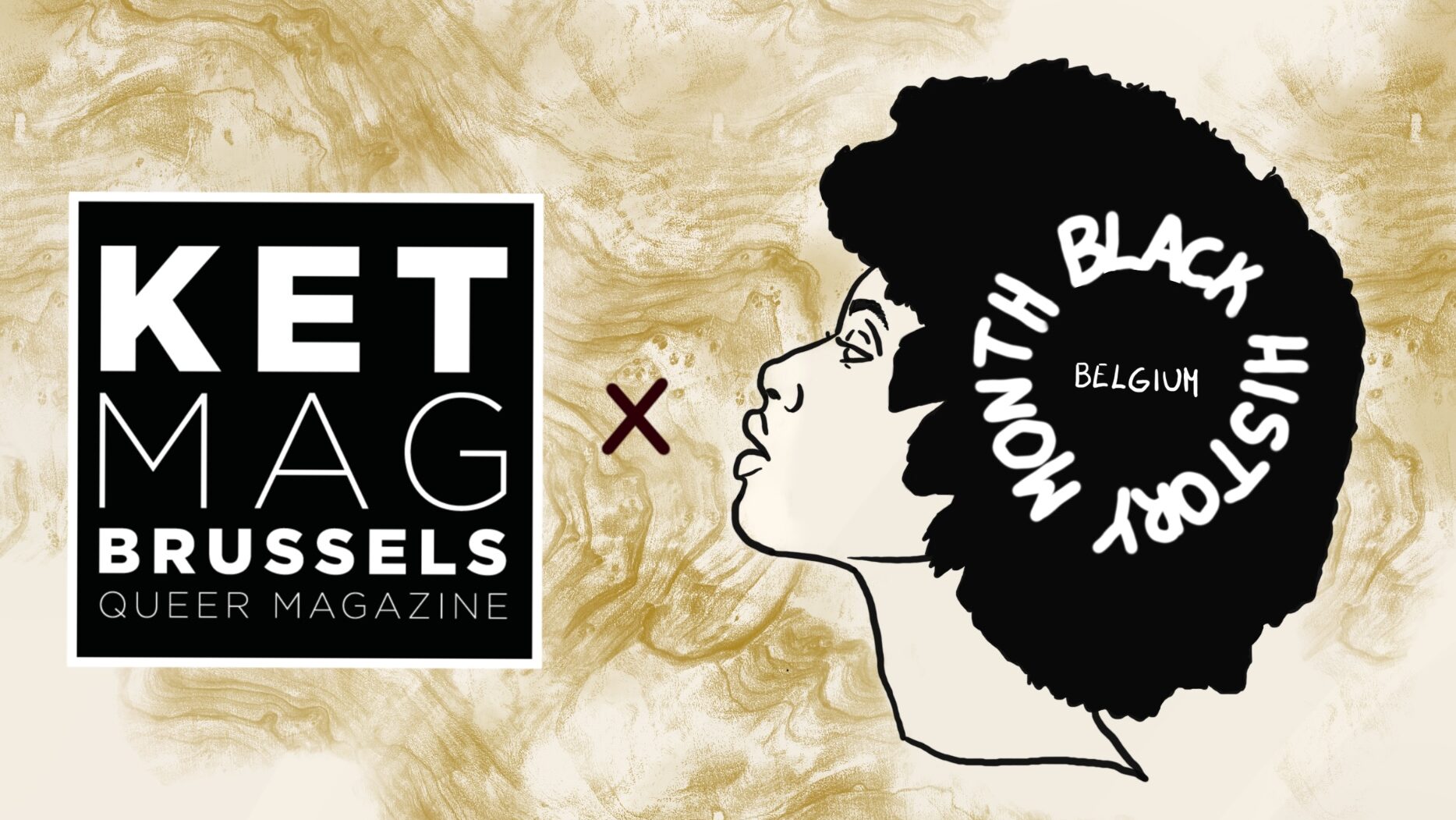
Could you take us back to the beginning of your musical journey and explain how you’ve become the artist you are now?
I grew up in music. My dad is a singer, my mom was his agent and my grandfather, Lee ‘Scratch’ Perry, was a pioneer in genres like Dub, Reggae, and Ska and a legend in Jamaica. So, I have been immersed in music ever since I was a child.
I started to write my own songs when I was 12 and even had the opportunity to perform in front of 5.000 people at that age. But it was only at 18 that I started to take it seriously, and at 19 I recorded my first demo.
I used to have the biggest stage fright, honey, you wouldn’t believe it! My voice used to sometimes not come out at all. [laughs] I didn’t like people looking at me, because it made me feel uncomfortable and, as I was stepping on stage, I would obsess over how I was going to be perceived, which I believe is pretty common amongst Black and trans people. But, even though I didn’t know whether my voice would come out right, and I didn’t know if I was going to be any good, I never shy’ed away from a mic. I would still go for it, because if I didn’t, I was never gonna not be scared anymore.
At the time, I was trying to find my way. More specifically, I was trying to find a way into myself. Even though I was born into music and have some contacts in the reggae industry, I didn’t want to pursue this genre of music, so those contacts didn’t really correspond to what I was looking for. I was trying to understand what exactly I was looking for and that raised many questions. What should my stage name be? What should my songs be about? And how should I build my musical identity? It took me a couple of years to figure all of this —and my identity— out. Those years of reflection correspond to my years of transition, which is still underway.
How does this reflection on your music and on yourself translate into your artistic production?
I think this search for myself can be perceived through my first demo. Because I incorporated too many elements in it. I showed my first demo to a guy from a label and he said that I was a great writer, but that I was tapping into too many genres. And in a way, I agreed with him. I was mixing reggae, rap, funk, among other things. It was just too much altogether. I decided to make my music more driven, in a way. But I don’t want to give the guy from the label the satisfaction of saying that he could dim my light and tame my flame. I still merge all kinds of genres like techno, hyper pop and black alternative music with vocals and toasting, the Jamaican version of rap. But in a more conscious way.
What really speaks to me are artists like Massive Attack, Groove Armada, who use powerful bass lines, and dark rhythms : they also mix reggae, rap, and it’s everything that I grew up with. The more time passes, the more I realise I cannot call myself an artist if I cannot transcend something as insignificant as a genre. I don’t even fully understand genres, so why would I base myself off of that? [laughs]
I just want to feel inspired by how something sounds. I’m the opposite of someone who makes one type of music and sticks to it, because I like lots of different sounds. That’s why I say that I make experimental music because the word “experimental” implies that you’re trying to do something new and different. It makes sense for me to dabble into many genres. Another reason I say I make experimental music is because my grandfather actually has a song called “X-Perry-Mental”, which has our name in it, so I think it’s perfect.
You’ve talked about Massive Attack and Groove Armada. Are there any other artists that have inspired your music?
I take inspiration from lots of artists actually, many being introduced to me by my parents. Horace Andy, Gorillaz, Arctic Monkeys, Azealia Banks, Dreadzone, The Last Shadow Puppets, Parliament Funkadelic, Kevin Prodigy, James Brown, Bill Withers, etc.
Another big inspiration is the electro/techno sound from the underground rave scene. I grew up with it and it has always been with me. Last but not least, Ballroom Beats are a major inspiration for me, as a member of the Brussels Ballroom Scene but also as a vocal artist.
Oh, and I started rapping again recently and my main inspirations are BbyMutha and CupcakKe. They’re the blueprint when it comes to, like, how I want to rap.
Do you have your music anywhere online where we could stream it?
No, because I’m very exclusive [laughs]. Either you catch me or you don’t. I do have a surprise, but I’ll talk about it at the end of the interview.
Well when’s the next time we can catch an Alex Perry performance?
You can catch me on March 15th performing two unreleased songs at the SHEMORTELLE happening in nadine. It’s organized in connection to a movie, for which I was also the assistant make-up artist. The next day I will be performing in VK for my grandfather’s tribute. I will be interpreting some of his songs and some of my own.
When writing music do you generally think about a message or are you more so looking to express your feelings through your art?
Younger, I used to think about a message. I was the kind of artist that could be a bit self-righteous sometimes. Like, I low-key thought I had the answer to the world’s problems. But I tried to get off my high horse and be like, okay, you don’t have to talk about the state of the world and how everything is going to shit. So, now I explore different ways of writing, I’ll invent characters and stories, or talk about the things that I’ve been through. When you talk about your feelings it’s always more raw. It’s not a thought process, it’s just pure emotions. Nobody can tell you you’re wrong for feeling one way or another. So, you’re way more free.
So you equate music with a sense of freedom? As a transmasc non-binary person, does this freedom on stage also help with your relation to your gender identity?
Yes, I associate a lot of the essence of performance with being free and generally, when I’m on stage, I don’t think about the fact that I might be perceived as my assigned gender. I just feel like the way I look and the way that I am is not like that at all. And I also learned that I don’t want to change myself so that I can fit the way the world wants me to present myself. I don’t want to change who I am for other people’s comfort.
What projects are you currently working on?
I have a release that is going to come out soon with a queer artist called Azo. She has a label called Queer Future Club and we’re going to release something kind of house rave jungle.
I am also doing a residency in Zinnema and I want to release a single, then an EP. I already have a couple of demos. For the visuals, I want to do something alien-like, very ballroom, black, alternative, afropunk but high fashion. So that’s my project at the moment.
Is there any advice that you want to give to people who want to start their musical career, but might be too scared to take that step?
I think that, as someone who grew up in music, and who is from that path of life, I can’t really understand the experience of someone who actually has to do everything by themselves. I will always acknowledge that. Even though I’m not a nepo-baby, it was easier for me because I didn’t need to convince my parents that it was worth it to make music, for example, you know?
The best thing I can tell them is: Don’t stop believing in yourself. Don’t let other people’s insecurities and doubts dim your light. If you really have that fire in you, and you know that you have something to share and give to the world, then do it. It is not gonna be easy. But guess what? Life is hard, and if you can at least live your life according to your own desires and your own purpose, then you should go for it.
Things might be difficult for a very long time, things might get hard, but it’s the same thing for Ballroom. There’s a lot of people that have walked for 10, 15, 20 years. Maybe they’ve rarely gotten their flowers. Then one day, they will create such a moment that everything then shifts. That’s when they become one of the greatests. So don’t try to bypass that, there’s no quick fix for greatness.
Even though, as an artist, this world is not really made for you to stay on track, stay on track anyway and give it your best!
You may also like
-
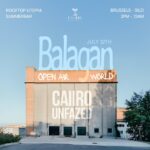
Balagan World: When the Beat Builds a Better World
What if nightlife wasn’t just about escape — but connection? That’s the vision behind Balagan
-
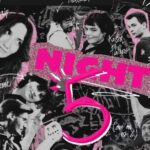
NIGHT 5: The Official Kickoff to Festival Season in Brussels!
Get ready to ignite your summer—NIGHT 5 is here to launch the festival season with
-

Why Staying in Brussels in July Is Absolutely Brilliant
In partnership with Visit.brussels If you think summer in Brussels means empty streets and closed
-

Barbara Butch: The Trailblazing DJ Who Turned the World’s Stage into a Celebration of Diversity
Meet Barbara Butch, the French DJ, activist, and cultural icon who’s been spinning more than
-
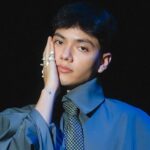
Interview with JJ, Eurovision 2025 Winner: “Live Each Day with Pride, Because We Are Unstoppable”
With his “pop opera”—as he defines his music—JJ brought victory to Austria at the recent

